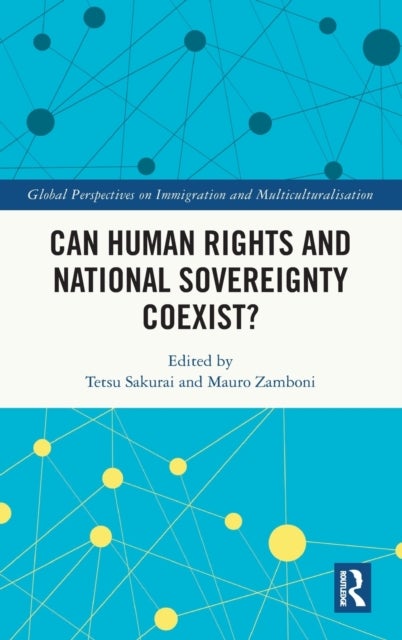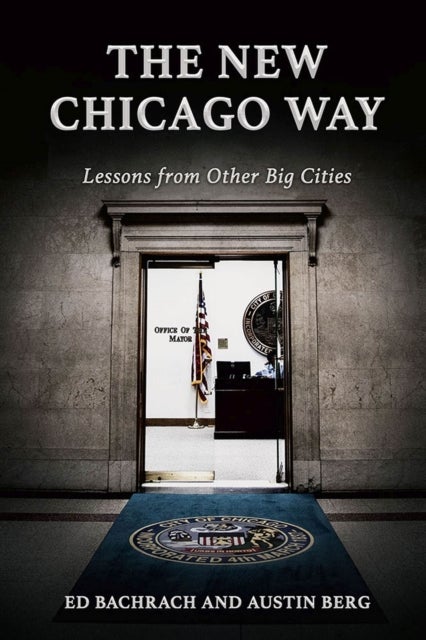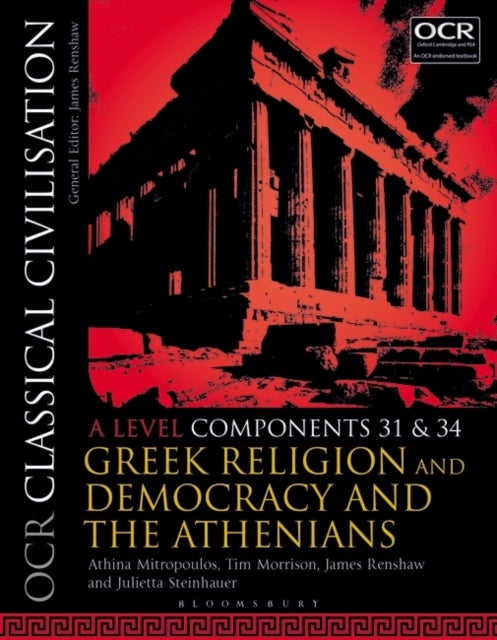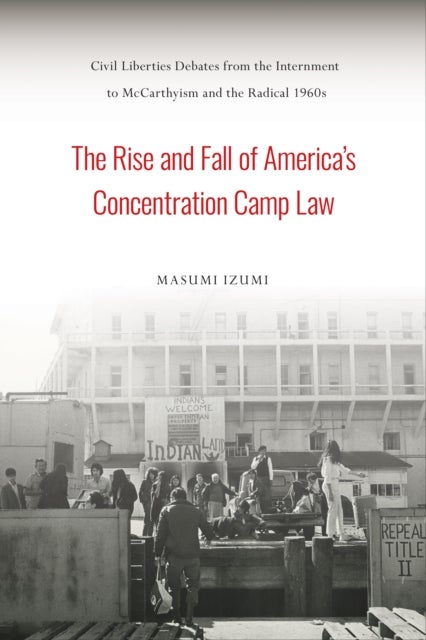
Can Human Rights and National Sovereignty Coexist?
1819,-
<P>Looking at two of the key paradigms of the post-Cold War era-national sovereignty, and human rights - this book examines the possibilities for their reconciliation from a global perspective. </P><P>The real or imagined fear of a flood of immigrants has caused and fuelled the surge of an amalgam of populist political forces, anti-immigrant movements, and exclusionist nationalism in many developed countries. In the last decade, we have witnessed the emergence of two phenomena in the political and legal spheres. On the one hand, there are liberal globalists asking for respect and the protection of the basic human rights of migrants and asylum seekers and arguing for their civic and social integration into host societies. On the other hand, there are growing calls for a tougher stance on immigration, and powerful populist politicians and governments have emerged in many developed countries. How can the idea of universal human rights survive exclusionist nationalism that uses a populist,








